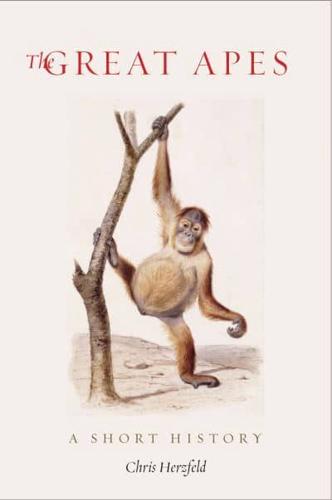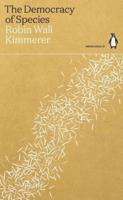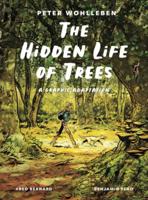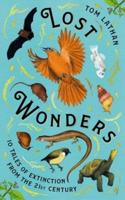Publisher's Synopsis
A unique, beautifully illustrated exploration of our fascination with our closest primate relatives, and the development of primatology as a discipline
This insightful work is a compact but wide-ranging survey of humankind's relationship to the great apes (chimpanzees, bonobos, gorillas, orangutans), from antiquity to the present. Replete with fascinating historical details and anecdotes, it traces twists and turns in our construction of primate knowledge over five hundred years. Chris Herzfeld outlines the development of primatology and its key players and events, including well-known long-term field studies, notably the pioneering work by women such as Jane Goodall, Dian Fossey, and Biruté Galdikas.
Herzfeld seeks to heighten our understanding of great apes and the many ways they are like us. The reader will encounter apes living in human families, painting apes, apes who use American Sign Language, and chimpanzees who travelled in space.
A philosopher and historian specializing in primatology, Herzfeld offers thought-provoking insights about our perceptions of apes, as well as the boundary between "human" and "ape" and what it means to be either.
This insightful work is a compact but wide-ranging survey of humankind's relationship to the great apes (chimpanzees, bonobos, gorillas, orangutans), from antiquity to the present. Replete with fascinating historical details and anecdotes, it traces twists and turns in our construction of primate knowledge over five hundred years. Chris Herzfeld outlines the development of primatology and its key players and events, including well-known long-term field studies, notably the pioneering work by women such as Jane Goodall, Dian Fossey, and Biruté Galdikas.
Herzfeld seeks to heighten our understanding of great apes and the many ways they are like us. The reader will encounter apes living in human families, painting apes, apes who use American Sign Language, and chimpanzees who travelled in space.
A philosopher and historian specializing in primatology, Herzfeld offers thought-provoking insights about our perceptions of apes, as well as the boundary between "human" and "ape" and what it means to be either.














